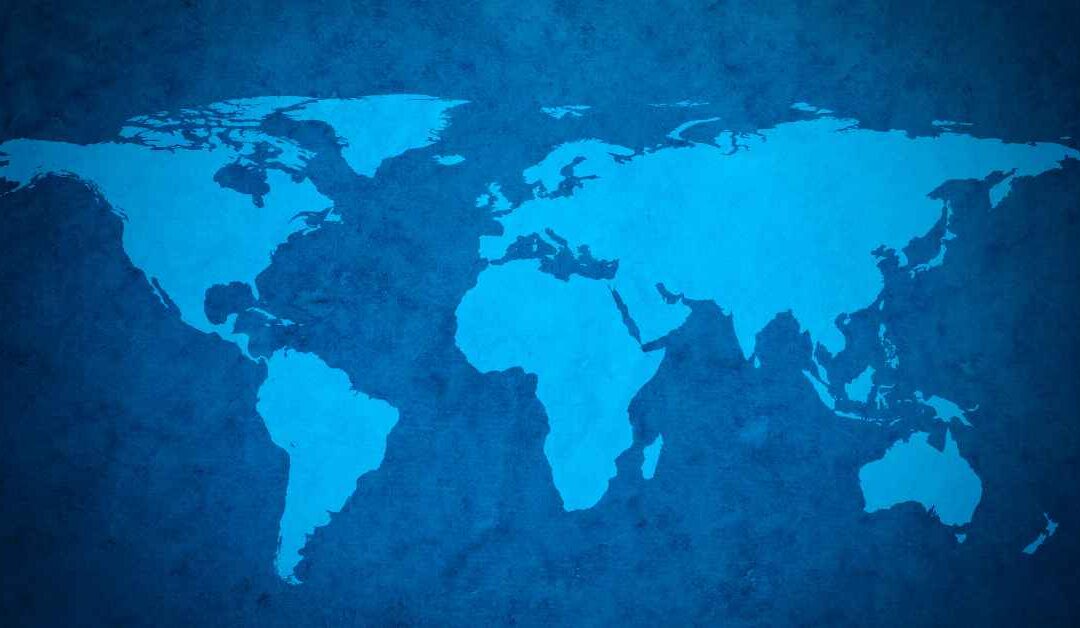Why People in the ‘Blue Zones’ Live Longer
What do Icaria (Greece), Sardinia (Italy), the Nicoya Peninsula (Costa Rica), Okinawa (Japan) and Loma Linda (California, US) have in common? All of these places are so-called ‘blue zones’. This is a geographical area where people live the longest and have a high chance of living to one hundred. Not only that, they also age more gracefully! The ageing population in the blue zones stays active in their older years and seems to be less affected by diseases than anywhere else in the world.
So what is a blue zone, and how does it affect people’s longevity? That is exactly what we will learn in this blog.
The concept of the blue zones comes from geographic research by Gianni Pes and Michel Poulain. Their goal was to map out places with populations that have extreme longevity.
It turned out that these places are geographically far apart but have a couple of interesting similarities. Those who live in the blue zones:
- Feel a strong sense of purpose
- Engage in a lot of natural movement throughout the day
- Consume moderate quantities of alcohol
- Have close friends and strong family connections
And surprise, surprise…
It turns out that people in the blue zones also eat a diet that mainly consists of plants! No, this does not mean that these groups of people are all vegan or vegetarian. However, consumption of animal protein is limited to a very small amount. Studies show that, on average, people in the blue zones do not eat animal protein more than five times a month. Plant-based food seems like the norm in these regions.
Diets consumed in the blue zones, for the most part, are full of vegetables, legumes, nuts and whole grains.
Another very interesting finding was that a lot of the people living in these areas follow the 80% rule. This means that they stop eating when they are 80% full. This will prevent you from eating too many calories, which can lead to weight gain or chronic disease and negatively affect one’s longevity.
This is yet more proof that it really pays off to cut down on your meat intake and incorporate more plants, vegetables and fruits into your diet. Are you ready to start your plant-based journey?
Let me know what you think.
With love,
Jimmy

